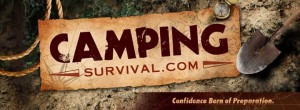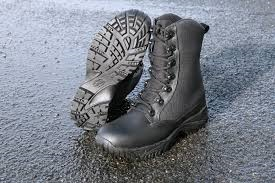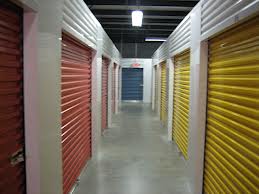
“These are the times that try men’s souls. The summer soldier and the sunshine patriot will, in this crisis, shrink from the service of their country; but he that stands by it now, deserves the love and thanks of man and woman. Tyranny, like hell, is not easily conquered; yet we have this consolation with us, that the harder the conflict, the more glorious the triumph. What we obtain to cheap, we esteem too lightly; it is dearness only that gives every thing its value. Heaven knows how to put a proper price upon its goods; and it would be strange indeed if so celestial an article as freedom should not be highly rated.”
~Thomas Paine
Today we celebrate the day we declared our independence from England. Because today is a celebration of freedom, I want to share with you my thoughts on the two most important documents in the world’s history; the Holy Bible and the United States Constitution.
I led off with the quote from Thomas Paine because I think it is important to read and understand these documents and the rights they define. If we do not know the freedom we have in Christ, then satan can continue to lie to us and we’ll believe we’re still slaves. If we don’t know what our God given rights are, how can we possibly know or care when they’re being taken away?
These documents can be hard to understand at times. After all, a constitutional lawyer, who has studied them for years, fails to grasp their meaning frequently (sarcasm)! Seriously though, while it can be hard to understand, if you set a high value on your freedom, then the time spent is a small price to pay.
The Bible
I have heard the Bible referred to as a guidebook for one’s life. I’ve been reading the Bible frequently for almost ten years and every day for around eight years. Truth be told, I didn’t understand a lot of what I read back when I first started. I stuck with it and researched passages that I had trouble with. It wasn’t always enjoyable reading. Sometimes God uses words written thousands of years ago to point out a modern day sin in your life. Remember: God disciplines the ones He loves.
There are passages I still struggle with but I don’t have to use a concordance as much. While I am far from a saint, I know that because of my time with God’s word every day, I am a better man, a better father, a better husband and a better servant to Jesus.
The Constitution
If the Bible is the guidebook for one’s life, the Constitution is the guidebook for a just and balanced nation. I do know the difference between the Constitution, the Bill of Rights and the Declaration of Independence, but for the purpose of this article I am lumping them together.
For millennia, nations were ruled by family line, by those who had the biggest armies, and the rights of their people were controlled by the whim of their leader. What the Constitution does is draw lines defining how government is created; three separate branches with checks and balances on each one. It defines how our leaders are elected and how big the representation for each state should be.
I think that the Constitutions most important accomplishment is that the Founders defined the rights of the people, which they declared were given by our Creator, God.
“We hold these truths to be self-evident, that all men are created equal, that they are endowed by their Creator with certain unalienable Rights, that among these are Life, Liberty and the pursuit of Happiness.”
There are those, among which I am one, who believe that our Constitution is being trampled on and that we’ve lost many of the liberties we once had. However, I have traveled to several other countries and it is my opinion that we are still the freest nation on earth.
I have written two articles related to this topic; Knowing Your Rights and How to Protect Them, and Trading Liberty for Safety.

Camping Survival sees great value in the Bible and the Constitution as well, so much so that they sell a variety of Bibles and a pocket Constitution (Declaration of Independence and Constitution). They have agreed to give away one Bible and ten pocket Constitutions to the Prepared Christian readers. To enter this contest, you just need to send an email to: contest (at) PreparedChristian.net. I will pick random winners on Friday, July 11th and will email them, requesting their mailing address. As a thank you, please consider swinging by Camping Survival and perusing their collection of Bibles and preparedness supplies!
Please click here to vote for Prepared Christian as a top Prepper site!
If you liked this article please think about sharing it on the social media listed below, thanks!










